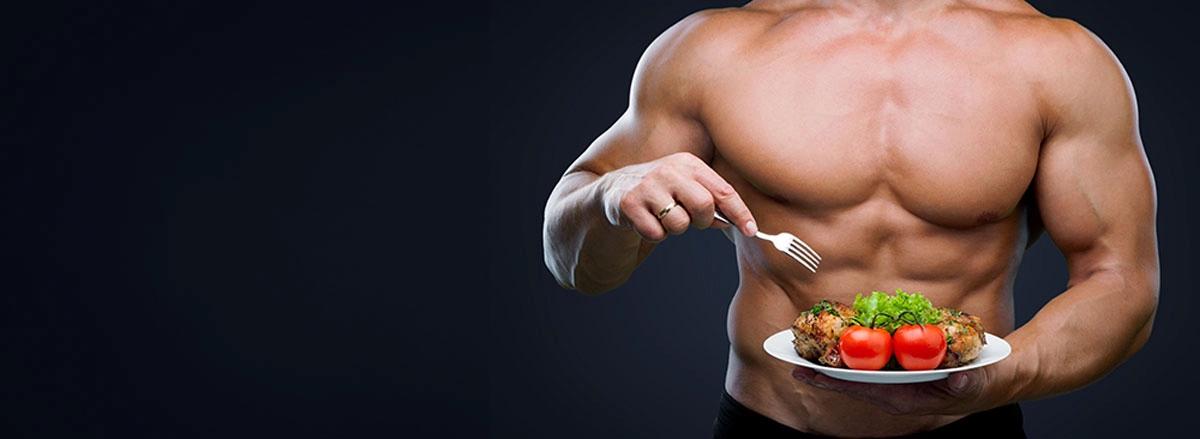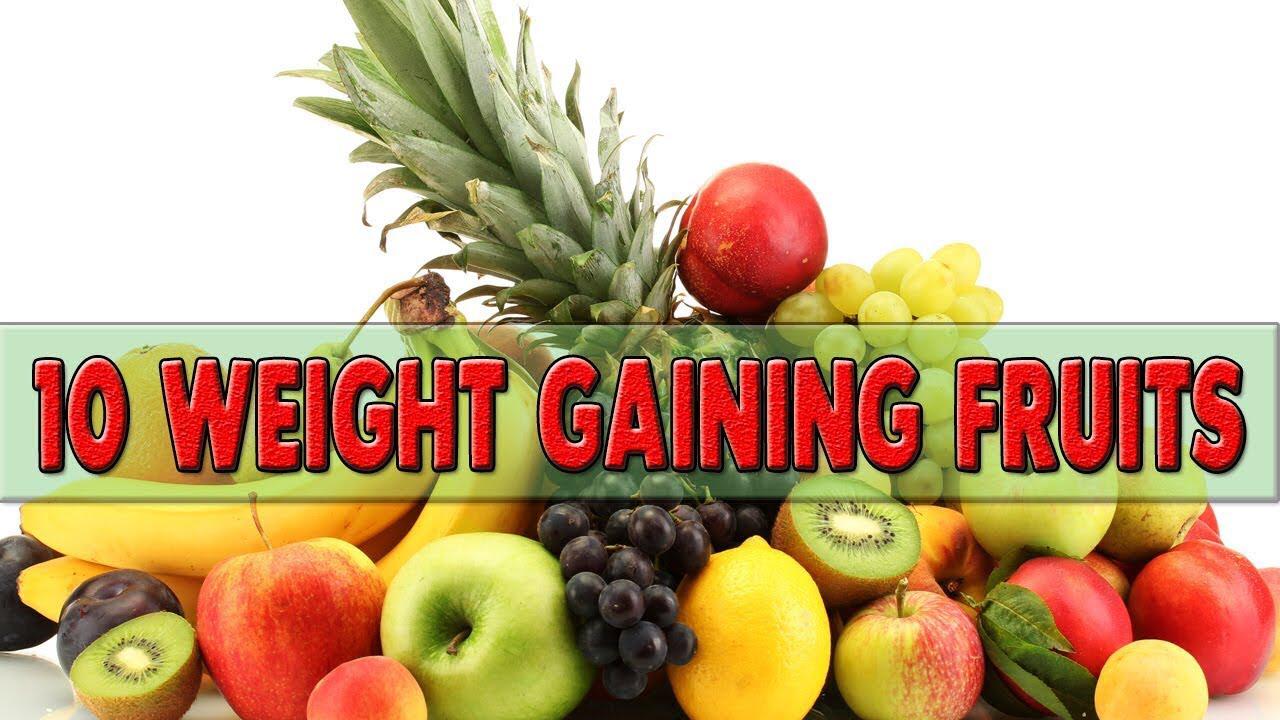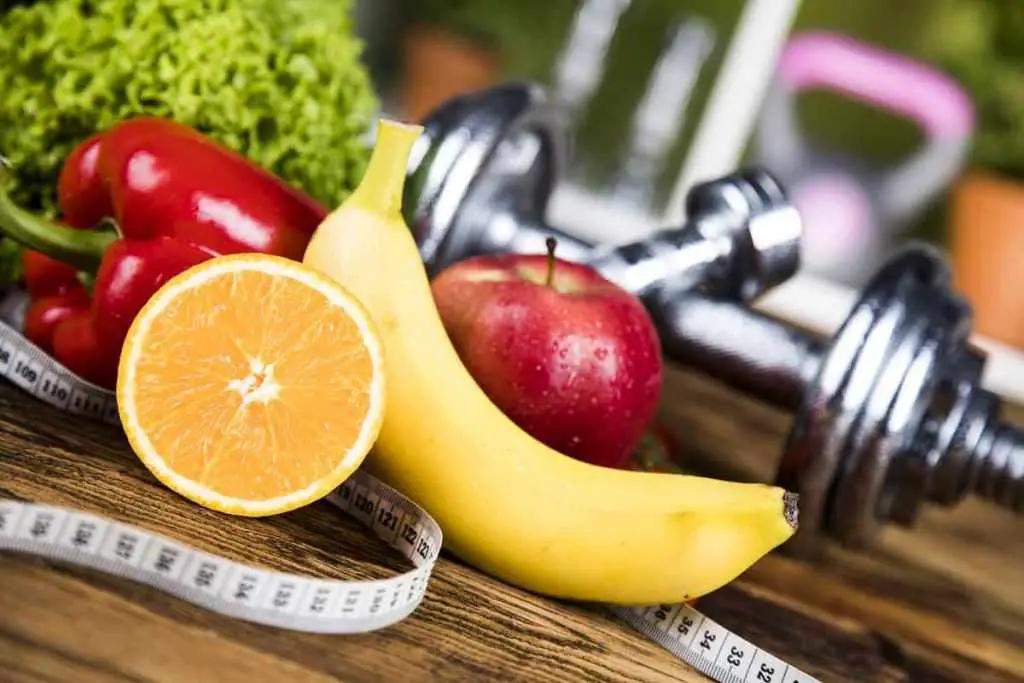Best Fruits for Muscle Gain: Boost Your Muscle Growth with These Power-Packed Choices
When we discuss building strength, protein drinks, chicken breasts, and weight lifting come first most of the time. Would you want additional information about how various vegetables could also aid in muscle development? Many times overlooked in diets for building muscle are fruits. Still, they are bursting with vital minerals that support good general health, muscular development, and healing of injuries. The finest meals for muscle increase will be discussed in this post, along with their benefits for you, how they aid in muscle building, and which ones you should always consume.
Why Fruits Are Crucial for Muscle Gain
Apart from its taste, fruit is beneficial in many other aspects. They provide you with vital minerals, vitamins, and compounds to support muscle development and healing. For those aiming to build muscle, vegetables are especially vital because:
Natural Energy Source: Fruit’s carbohydrates—mostly from natural sugars like fructose—help drive your workouts and recuperation.
Fruits are full of minerals and vitamins, such as potassium, vitamin C, and magnesium, which are all important for muscle repair and performance.
Vigacious activity causes oxidative stress and muscle damage that calls for antioxidants for recovery. The antioxidants in fruits speed muscle recovery and help reduce inflammation.
Many fruits have significant water content, which helps to maintain your hydration and restore electrolytes lost during exercise.
How Fruits Help with Muscle Growth

Carbohydrates included in fruits aid to reduce muscle weariness and supply the energy needed for intense activity.
Fruit nutrients break down muscular fibers during physical exercise, therefore assisting muscles in healing.
Boosting General Health: Important components of a balanced program for growing muscles, fruits provide a spectrum of nutrients supporting immune system function, digestion, and energy creation.
Top 10 best Fruits for Muscle Gain
Maximize your muscle development by eating these nutrient-dense fruits. Every fruit has unique benefits that could support different aspects of your efforts at muscular growth.

Bananas
Rich in potassium and abundant in carbohydrates, bananas are among the greatest foods for building muscle. muscular activity depends on potassium, which also helps to avoid cramps and improve muscular contractions during exercise.
Benefits
provide rapid, readily absorbed energy before exercises.
high in potassium, thereby promoting muscular rehabilitation.
Has fiber, which helps absorption of nutrients and intestinal health.
Blueberries
Antioxidants abound in blueberries, especially anthocyanins that fight oxidative stress and muscular inflammation brought on by vigorous exercise.
Benefits:
lessens inflammation and muscular pain.
aids in quicker post-work recuperation.
high in vitamins C and K, thereby enhancing general immune system.
Oranges
Rich in vitamin C, oranges help to produce collagen by means of this nutrient. Key elements of muscle and connective tissue, collagen helps muscles to become stronger and increases healing times.
Benefits:
strengthens the immune system, thereby enabling the body to heal after exercise.
supplies natural energy sources.
Hydrating from their high water concentration.
Pineapple
Enzyme present in pineapple, bromelain, reduces muscle pain and inflammation. This fruit also provides a fair concentration of vitamin C, which promotes healing and the development of tissues.
Benefits
helps lower inflammation after workout.
Thanks to its anti-inflammatory qualities, it supports quicker healing.
Rich in water, therefore maintaining your hydration.
Watermelon
Given its over 90% water content, watermelon is a great fruit for hydration. Rich in L-citrulline, an amino acid that increases blood flow and lessens muscular pain, it also
Benefits
maintains muscular hydration, therefore lowering the cramping risk.
L-citrulline is included to help muscles recover and perform.
a light on the stomach, reviving snack.
Apples
Apples are an excellent source of quercetin, an antioxidant that, by boosting oxygen transport to muscles, can help endurance. For athletes who travel, they also provide a handy, portable snack.
Benefits:
increases endurance, thereby enabling you to push yourself harder during exercises.
Has fibre, therefore promoting digestive tract integrity.
Simple enough to include as a pre- or post-workout snack in your regular diet.
Kiwi
Little but powerful, Kiwis are high in vitamin C, which promotes tissue development and repair. Rich in potassium as well, they are great for muscular performance and rehabilitation.
Benefits
improves muscular rehabilitation and tissue healing.
high potassium level of this helps avoid muscular cramps.
Aids digestion considering its fibre count.
Avocado
Though officially a fruit, avocados are often handled more like a vegetable. Excellent sources of healthy fats, which are vital for muscle recovery and general energy levels, are they Rich in magnesium and potassium as well as avocados.
Benefits
provide recuperation and energy from good fats.
heavy in potassium, hence supporting muscular performance.
increases the absorption of nutrients, therefore optimising the advantages of other meals.
Grapes
Red grapes in particular include resveratrol, a potent antioxidant that could improve endurance and recovery. Their natural sugar content helps them to be hydrating as well as a rapid energy booster.
Benefits
improves working endurance.
promotes speedier post-exercise recovery.
refreshing, therefore preserving fluid equilibrium.
Cherries
Especially tart cherries, cherries are well-known for their ability to speed up healing and ease muscular pain. They abound in anti-inflammatory agents and antioxidants.
Benefits
lessens pain in muscles after vigorous exercises.
Encourages improved sleep, which is very essential for muscular recuperation.
anti-inflammatory features accelerating recuperation times.
How Should These Fruits Be Included in Your Diet for Muscle Development?
Knowing when and how to consume these fruits will assist one in optimizing their benefits for muscular development.
Here are some tips:
Pre-Workout: Choose high-carb fruits like bananas or grapes to give your body a quick energy boost before your workout.
Post-workout foods high in antioxidants and anti-inflammatory substances like blueberries, cherries, or pineapple can help with recuperation.
For constant energy and to maintain your vitamin levels, snack on fruits such apples, kiwis, and oranges throughout the day.
Smoothies: For a muscle-repairing, energy-boosting drink, blend a mix of these fruits with a protein source—such as whey or plant-based powder.
Conclusion
Including the ideal foods for muscle development in your diet can help you get much greater results at the gym. Carbohydrates abound in fruits such as bananas, blueberries, and cherries, along with vitamins, minerals, and antioxidants that can help you fuel your workouts, recover, and gain muscular strength. Recall that growing muscle calls for a combination of rest, exercise, and an excellent diet. Including these power-packed items in your diet can help you meet your exercise objectives.
Frequently Asked Questions (FAQs)
1. Can fruits alone help with muscle gain?
Although they won’t create muscle on their own, fruits by themselves might be rather helpful for muscles as they provide necessary nutrients that promote recuperation, energy generation, and muscle repair. Combine fruits with a balanced diet heavy in protein and excellent fats for optimum muscular building.
2. What is the best time to eat fruits for muscle gain?
Though they won’t boost muscle on their own, fruits by themselves might be very beneficial for muscles as they include required nutrients that support recuperation, energy synthesis, and muscle mending.
3. Which fruit has the most protein for muscle building?
Avocados are among the fruits with greater protein content, even though generally fruits lack in protein. If you want to build muscles, complement foods strong in proteins—lean meats, legumes, and protein supplements.
4. Do fruits cause fat gain if eaten in excess?
Though fruits are nutritious, overindulging in them—especially the higher-sugar types—may lead to increased calorie intake, which, if unbalanced with exercise, may lead to fat gain.
5. Are fruit juices as good as whole fruits for muscle gain?
Because they have fiber, which slows down sugar absorption and helps digestion, whole fruits are better for muscle development than fruit liquids. Juices are less optimal for constant energy and nutrient absorption as their sugar concentrations are sometimes greater and their fiber content is less.
6. How do antioxidants in fruits help with muscle growth?
Antioxidants help as they lower reactive stress and inflammation in muscles grown after strenuous exercise. Accelerating healing and lowering muscular injury helps your muscles grow faster and stronger over time.
For more articles, https://theglowgrind.com


2 comments
Looking for someone to handle a one-time dangerous task?
Our platform specializes in connecting customers with freelancers who are willing to tackle high-stakes jobs.
Whether you’re dealing with urgent repairs, hazardous cleanups, or complex installations, you’re at the right place.
Every listed professional is pre-screened and certified to ensure your security.
rent a killer
This service offer clear pricing, detailed profiles, and safe payment methods.
Regardless of how difficult the scenario, our network has the skills to get it done.
Start your quest today and locate the perfect candidate for your needs.
I do agree with all of the concepts you’ve introducedon your post. They’re really convincing and will definitely work.Nonetheless, the posts are very brief for newbies.May just you please extend them a bit from subsequent time?Thanks for the post.